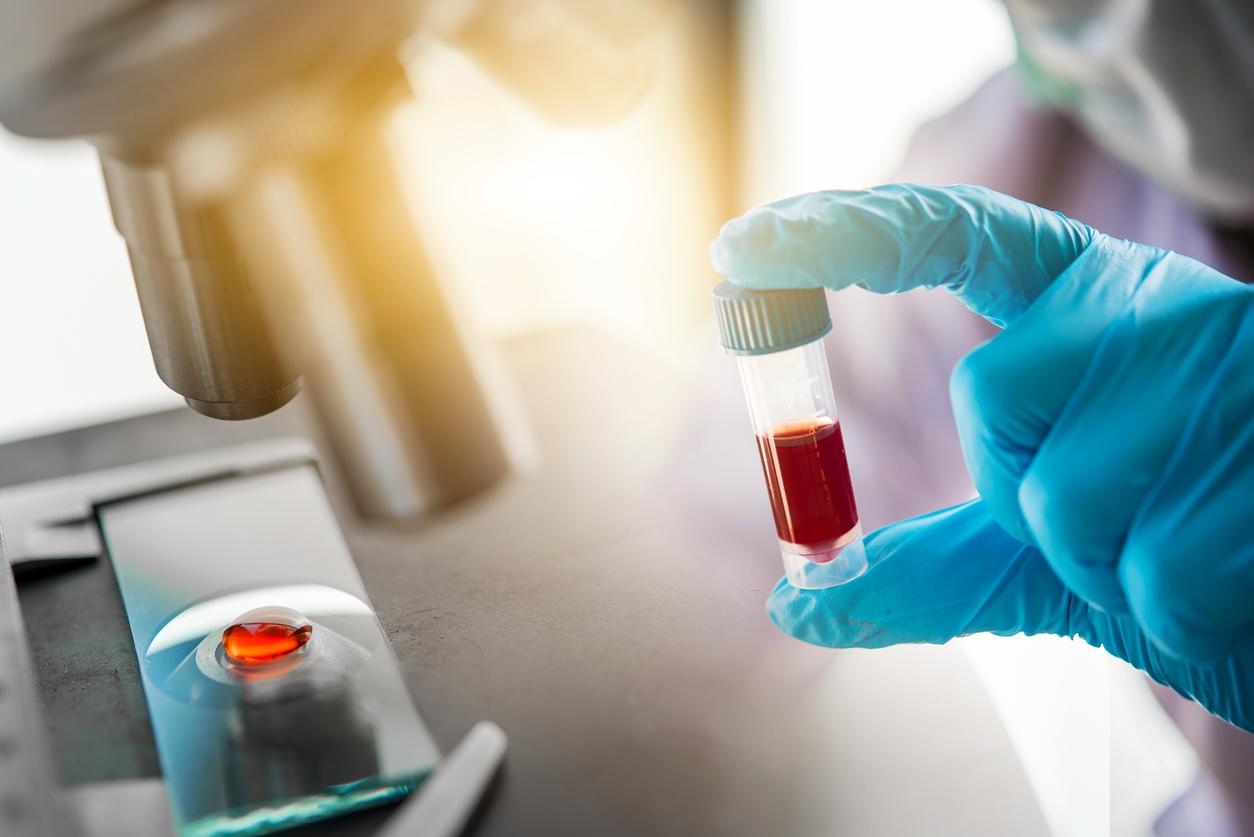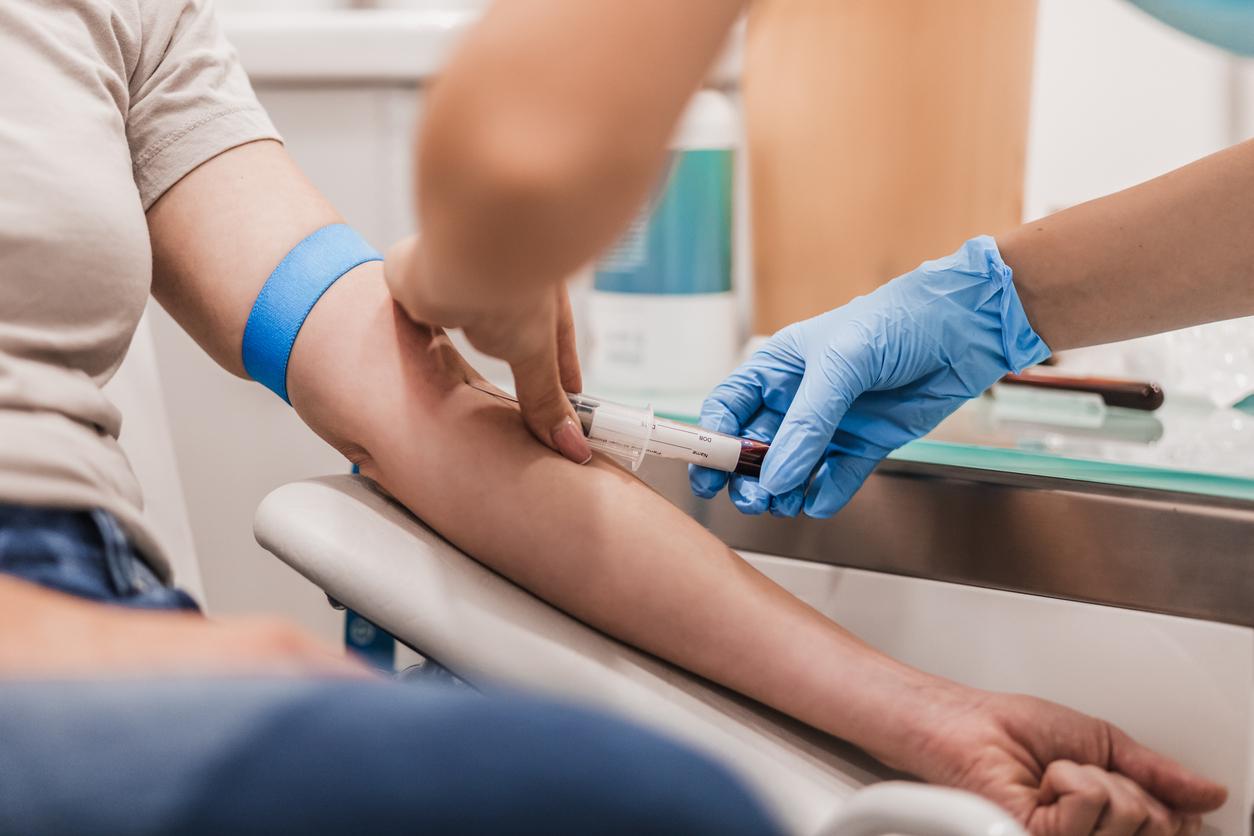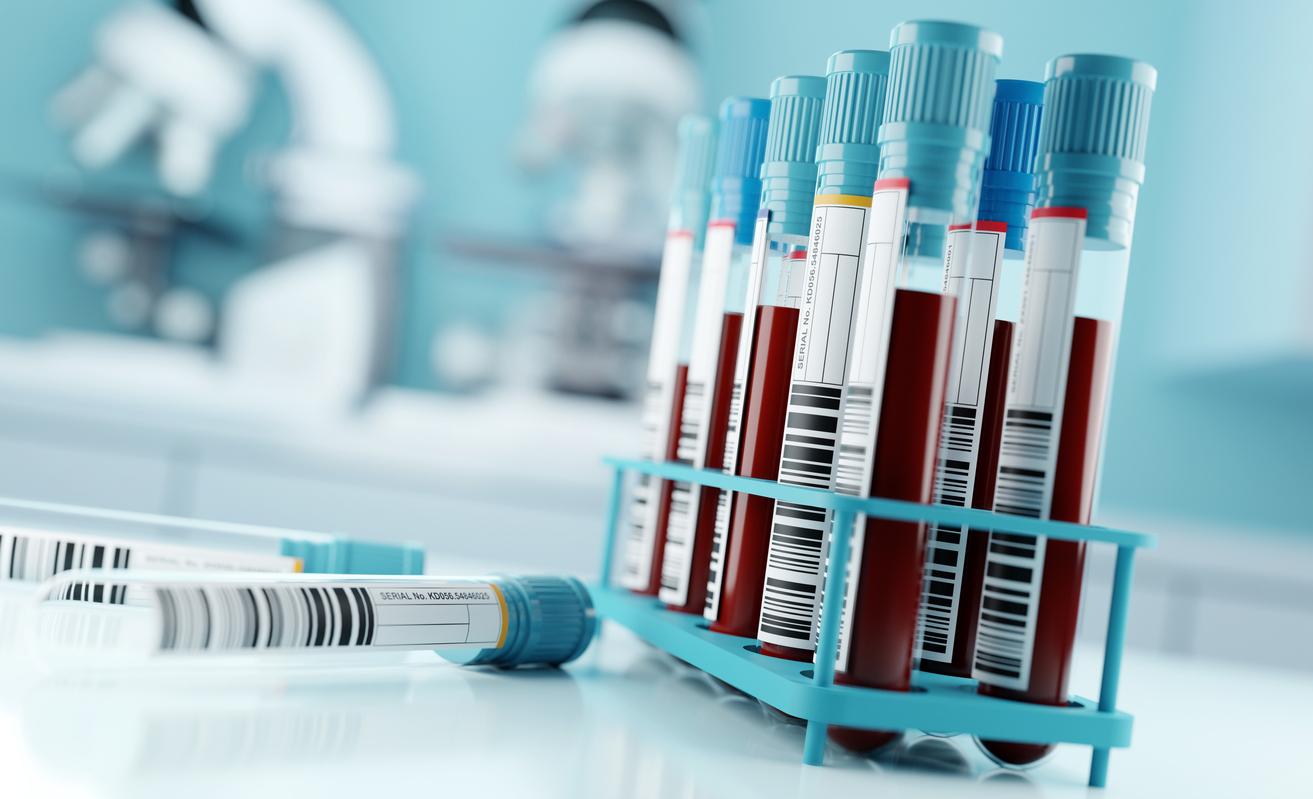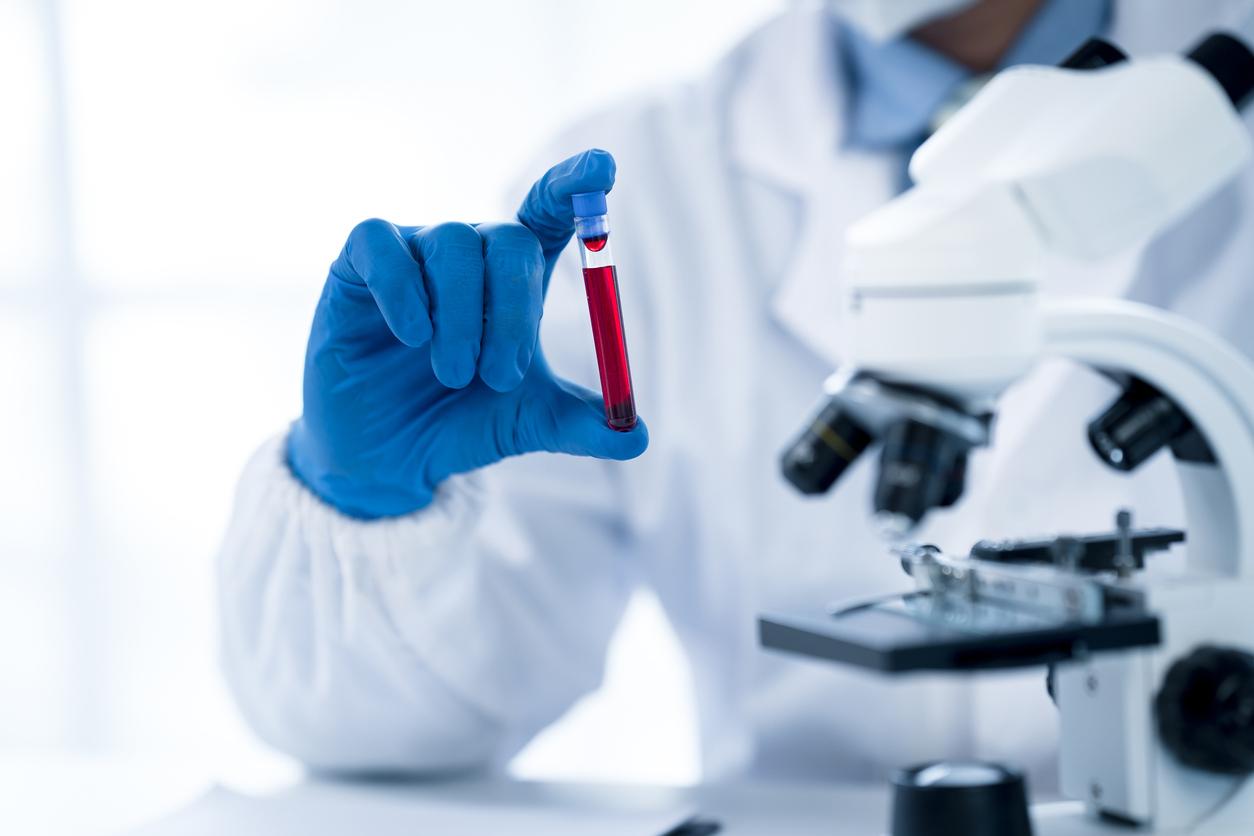Autoimmune diseases could be better diagnosed and managed with a blood test that measures patients’ level of systemic inflammation, a new study suggests.

- Affecting between 5 and 10% of the world’s population, particularly women, autoimmune diseases manifest as an inflammatory reaction and can cause serious damage to organs and tissues if left unchecked.
- According to a study, a simple routine blood test measuring the systemic inflammation index (SII) would make it possible to make an early diagnosis and more effectively manage patients suffering from this type of pathologies.
- The SII measures the number of inflammatory cell types in the blood specific to autoimmune diseases, such as neutrophils, lymphocytes and monocytes. In particular, it has proven to be “particularly accurate in the diagnosis of other conditions characterized by excess inflammation and dysregulation of immunity”, such as Covid-19.
Result of a dysfunction of the immune system, autoimmune diseases include more than 80 different pathologies, from inflammatory bowel disease to multiple sclerosis, including rheumatoid arthritis and type 1 diabetes. Affecting between 5 and 10% of the world populationespecially women (80%), they manifest as an inflammatory reaction and can cause, if nothing is done, serious damage to organs and tissues.
“The key to successful management of these diseases is being able to identify them at an early stage and then provide targeted treatment.” However, this early screening could be carried out using a simple routine blood test, according to a new study published in the journal Clinical and Experimental Medicine.
Measuring the body’s inflammation to diagnose autoimmune diseases
To reach this conclusion, researchers from Flinders University (Australia) and the University of Sassari, Sardinia (Italy), relied on a meta-analysis of a series of research articles on Potential use of the Systemic Inflammation Index (SII) to diagnose autoimmune diseases.
This index helps measure levels of inflammation in a patient’s body, but much more reliably than currently available blood biomarkers of inflammation, which have limited accuracy in diagnosing a number of auto-related conditions. immune, hence a delay in their treatment.
A blood test specific to cells of autoimmune pathologies
The blood test evaluating IBS makes it possible to “measure the number of inflammatory cell types in the blood that are specific to autoimmune diseases, such as neutrophils, lymphocytes and monocytes”. In particular, it turned out “particularly accurate in the diagnosis of other conditions characterized by excess inflammation and immune dysregulation”such as Covid-19.
“Our study confirms that it is very likely that IBS is superior to current biomarkers and can be commonly used in clinical practice to early diagnose and optimally manage patients with autoimmune diseases”conclude the authors.










-1740653386.jpg)






